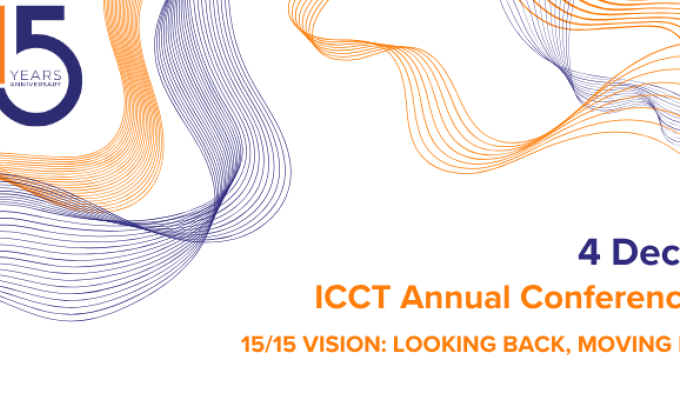The evolving relationship between terrorism and crime poses significant challenges to the international community, and is contingent on definitions of terrorism, petty crime and organised crime, which are often contested. In Europe there is evidence that there is a link between petty crime and terrorism, where individuals on the margins of society and the formal economy or in prison are most vulnerable to radicalisation. In other areas of the world, the relationship between organised crime and terrorism has transformed to one of symbiosis and convergence, in which it has become increasingly difficult to draw a meaningful distinction. Activities of terrorists and organised criminals frequently reinforce each other, where terrorists engage either directly or indirectly in organised crime activities such as trafficking, smuggling, extortion, kidnapping for ransom and the illicit trade of natural resources, for financial and/or material benefits. Such benefits contribute to undermining state security, stability and social and economic development, which in turn may create or maintain the conditions for organised criminal groups to flourish. On the other side, organised crime groups may employ terrorist tactics, including the strategic use of violence, to enable their objectives. In designing an appropriate policy response, there is value to recognising that there is a strategic distinction to be made between those situations where causal and enabling conditions for organised crime and/or violent extremism converge and where monitoring and preventive action is possible, versus those situations where the relationship is already in place, and where situation specific approaches are required.
Back to publications
Report
13 Apr 2017









